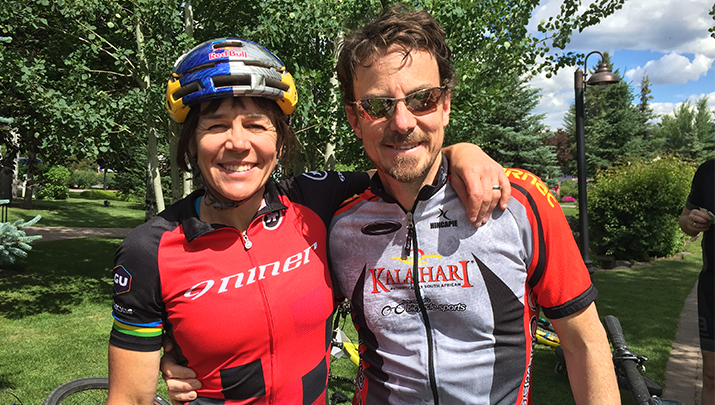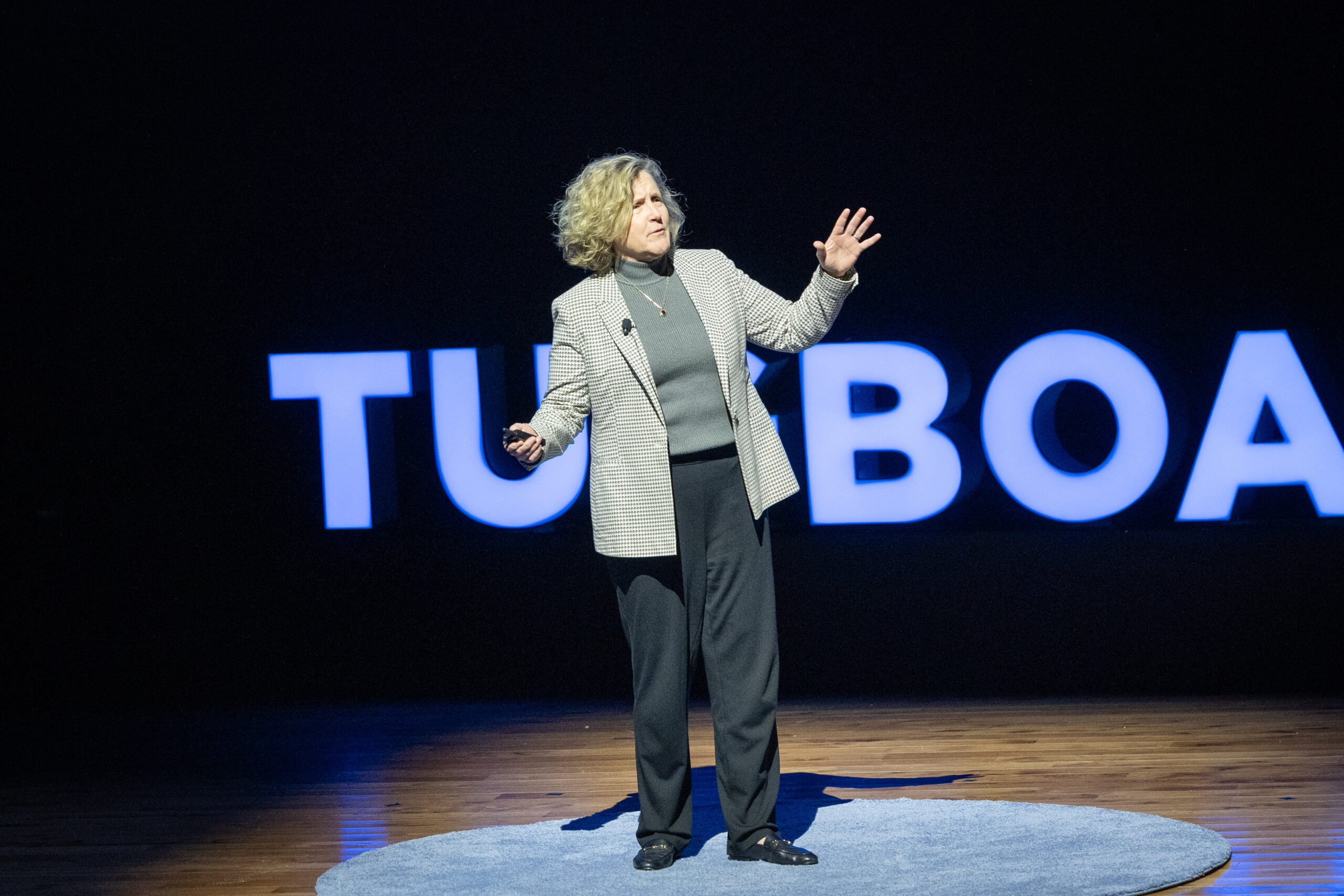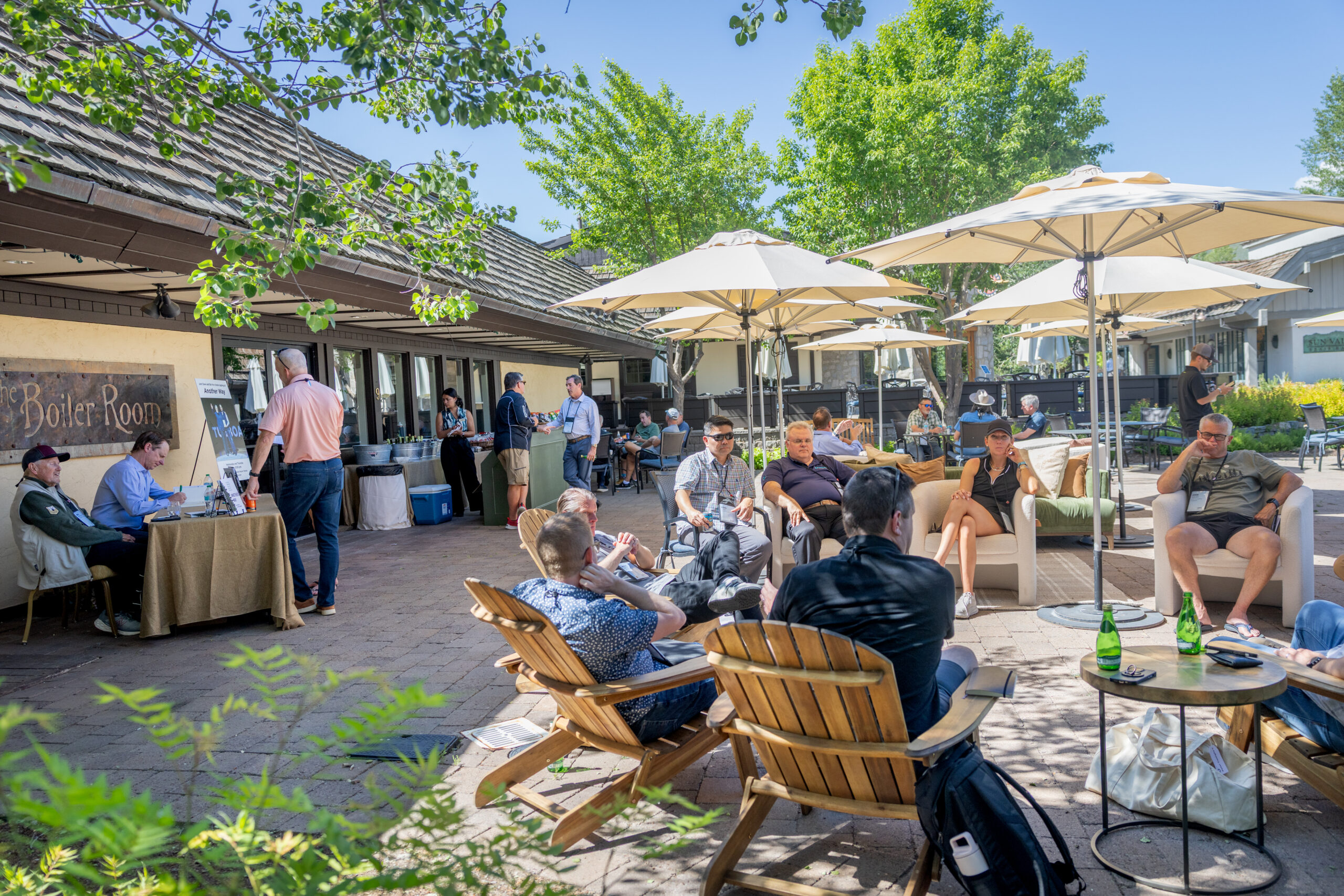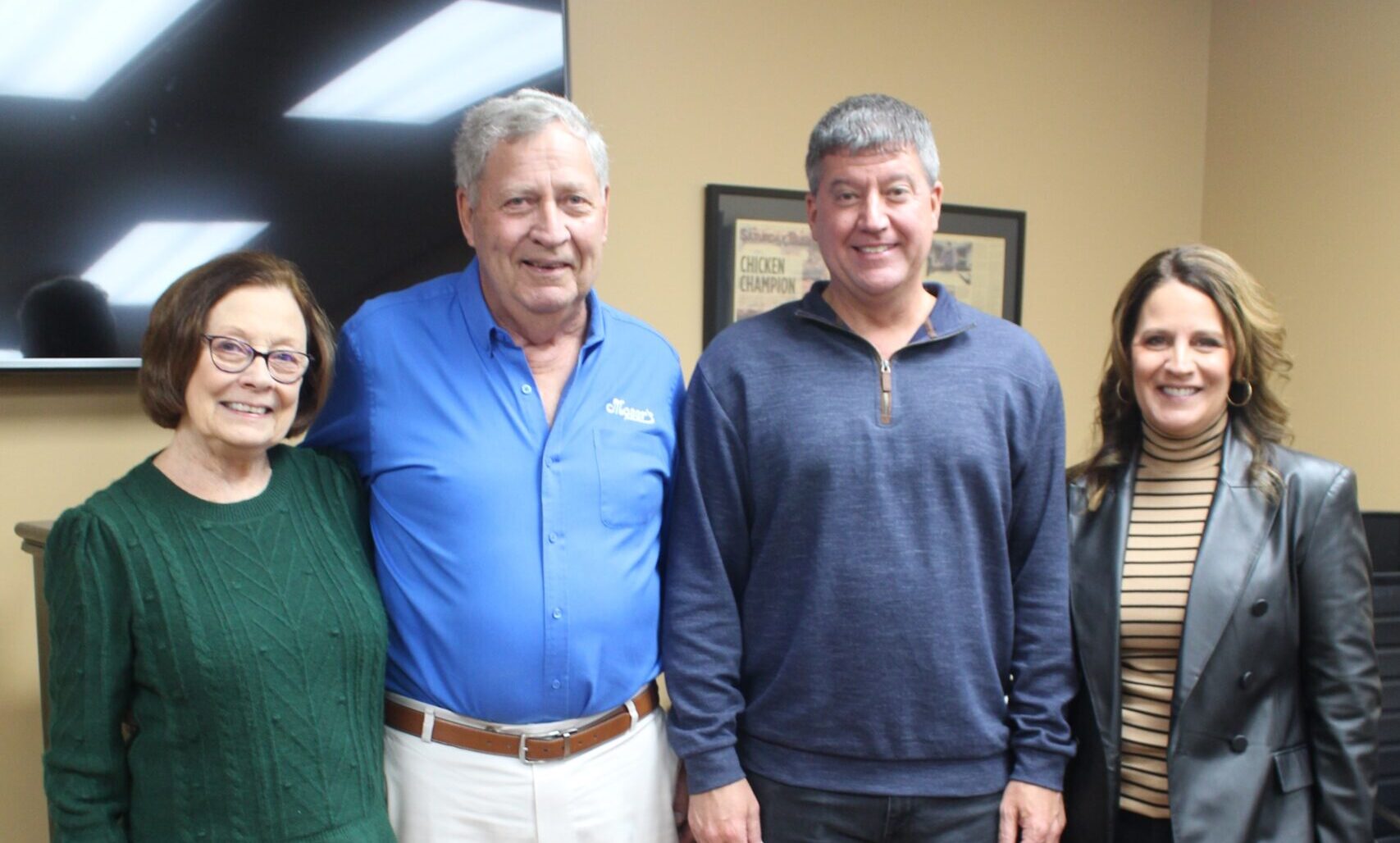

Family, Business
- Stephane Fitch
- FitchInk
When I was 19, my father called my two younger siblings, my mother and me down to the dim low-ceilinged, windowless office in the basement of our family home in Bangor, Maine, for a solemn “family meeting” to discuss his business plans—and by consequence, our family’s fate. He had decided to exit the engineering consultancy he’d formed a few years earlier with his business partner whom he had grown to detest. “We’re going to start a new company, called The Fitch Company,” he said. He leaned back in his leather executive chair. It was important that we all understood and supported this idea.
To my ear, The Fitch Company sounded like an awkward name for an engineering outfit. But I sensed that this wasn’t really the best time to voice such concerns. After a bit of quiet reflection, my siblings and I did what any supportive family should in that situation. We held our tongues. We nodded. We hugged our father.
I thought of my father and his firm and our family often during this year’s Tugboat Institute Summit. More than 100 Evergreen business owners trekked to Sun Valley, Idaho, for the retreat. Several of the speakers at the summit talked about the joys and challenges of running a family business.
Listening to them, it hit me that there are striking paradoxes at the heart of the Evergreen way: It requires a towering sense of individualism but also demands vigorous support from family. You have to be willing to work incredibly hard, but as Tugboat founder Dave Whorton asks, “Why build an Evergreen business if you do not foster an Evergreen family?” He explains: “It goes both ways—you need their understanding and support, but as a leader, you also have to invest in your children’s development and, perhaps, foster their appreciation for your business.”
By support I don’t mean blind trust. Hell, family support can sometimes look curiously like opposition. John Keatley, the photographer celebrated for his portraiture, described to us a life-changing moment many years ago when he and his parents decided, quite soberly, that it was urgent that he abandon his budding photography practice entirely to focus upon his business-school studies. He reversed the decision the very next day when a manager at a local pharmacy took him aside and told him she liked the images in a roll of film she’d just processed for him. Still, his parents’ counsel stuck in other important ways. He has made sure to respect the business side of photography.
Sometimes, supporting your Evergreen family business also means tearing some of your parents’ and grandparents’ cherished ideals to shreds. Robert Pasin, owner and chief executive of Chicago-based Radio Flyer had to do exactly that to the storied wagon-making company that his grandfather Antonio started in 1923. Antonio had been trained as a cabinet-maker in Italy, and he obsessed over the details of running a highly efficient manufacturing operation. Robert recognized that Radio Flyer would never outlast the onslaught of lower-cost wagons from Asia. He refocused the company on design, branding and imagination. Though he had to lay off dozens of workers when he shuttered Radio Flyer’s factory in 2004, his company now attracts some of the best designers, marketers and creatives in the country. Radio Flyer wagons, tricycles, scooters are a secure mainstay of American childhood.
It’s not surprising that most family businesses either fall to pieces or are sold off before they pass to the second or third generation. If you study the few firms that do succeed at succession, you learn a lot. St. Louis Trust executive and Olin School of Business lecturer Spencer Burke has observed that multigenerational Evergreen families make sure “the equity ownership is controlled by a single person or entity that has a very long life.” Burke calls this “good hygiene.” They understand that once the clever chaps from the investment world get their hands on any equity, the exploitation begins. Instead, the later generations figure out ways to prune ownership and management responsibility. They buy out the negativists and look to supremely talented outsiders to manage things day to day, Burke says. They “embrace professional management at every level.”
Evergreen owners need not only supportive wives and children but also to be part of a supportive community where they can find brothers and sisters in arms. We found that once again in Sun Valley this year. When I greet people like author/journalist Bo Burlingham, bicycle-maker Ross Evans, logistician Tim Barrett, lifestyle-brander Carrie Van Winkle Greener or ice-cream demigoddess Amy Simmons, I embrace them warmly, like brothers and sisters. When I pick the brains of Stanford-trained business scholars like Calvin Tsay of Bi-Rite or Mac Harman of Balsam Brands, they share their tart insights as though they’re chatting with a sibling.
At least half of my conversations this year touched on the primal connection between our families and our businesses. There was the opening-night chat some of us had with Paul S. Mears III. Paul has struggled with mixed feelings as he puzzles over which, if any, of his four children might aspire to lead his Orlando-based limo, taxi and corporate-events firm that his grandfather founded in the 1930s and that his father ran before him. Paul and his brother now employ more than 3,500 people, and they’re battling fiercely against the disruptive ride-share powerhouses Uber and Lyft. The pair are in their prime now, but he’s already thinking way ahead to the long, draining days that his successor will inevitably face. “My grandfather was the senior Paul Mears, my father was Paul Jr., and I’m Paul the third,” he says. “My 20-year-old son is Paul Mears IV.” But the opportunity and challenge that is wrapped up in his son’s name is every bit as available to his three younger sisters. Paul III is readying himself for the weighty conversations that are, for now, still a ways down the road.
It’s a conversation that my father never had with me. He wisely transferred ownership of his firm not to any of us kids but to a brilliant young engineer whom I loved and who’s been a generous mentor to me. Still, I know that my Papa would be proud that when it came to assigning a moniker to my own company, I followed his lead. When I told my wife and daughter that I was naming the company FitchInk, they didn’t blink, they just hugged me tight.
Stephane Fitch is founder and editor in chief of content-marketing firm FitchInk, which helps some of the world’s biggest companies use thought-leading content to connect with audiences they value the most.
More Articles and Videos

Both/And Thinking: Harnessing the Positive Potential of Tensions
- Marianne Lewis
- Carl L. Linder College of Business, University of Cincinnati

Leading Through Uncertainty – Tugboat Institute® Summit 2025
- Jackie Hawkins
- Tugboat Institute

Get Evergreen insight and wisdom delivered to your inbox every week
By signing up, you understand and agree that we will store, process and manage your personal information according to our Privacy Policy




